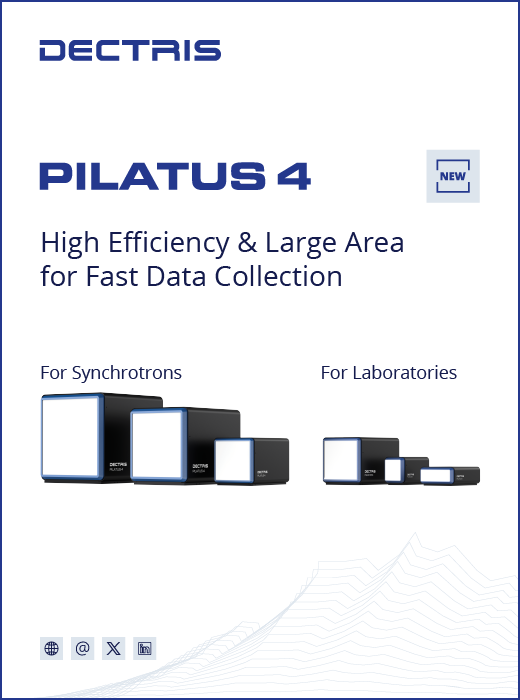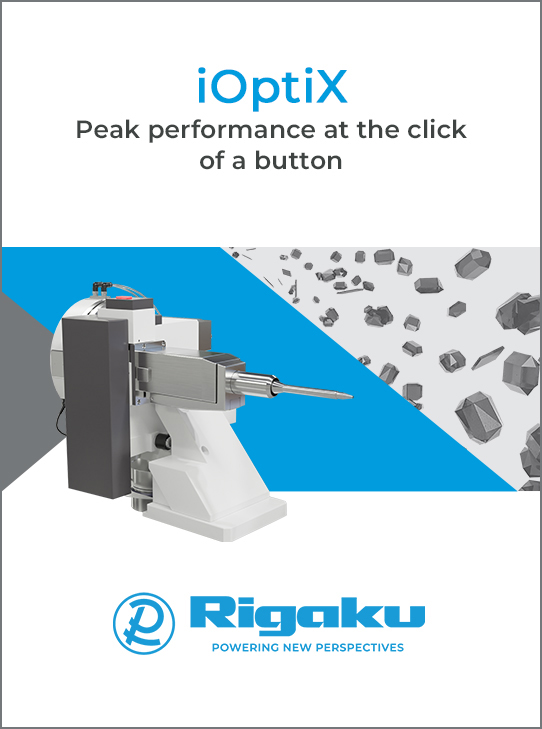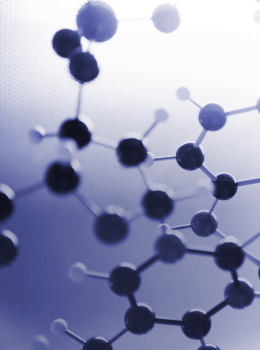


Notice
CCDC news and updates
![Thumbnail [Thumbnail]](https://www.iucr.org/__data/assets/image/0008/157904/ccdc.png)
CSD Data Release (November 2023)
The fourth data release of 2023 adds 10,837 structures (11,411 new entries) to the Cambridge Structural Database (CSD). This takes the total size of the database to 1,254,560 structures (1,284,316 entries). This full release includes improvements to existing entries and new entries. In addition, knowledge bases like Mogul and IsoStar have been updated.
Find out more about our releases and this latest data update here.
November 2023 Update on Our Ongoing Investigations into Structures Associated with a Pre-print on a Papermill in Crystallography
In April 2023 we provided an update to confirm 209 of the implicated structures had been retracted from the CSD following the retraction of 125 associated publications. These retractions left 783 implicated structures under investigation.
Working closely with publishers and our community, we are following COPE guidelines as our investigations progress. We continue to add editorial comments to entries to highlight information that may be relevant so users can select fit for purpose data. Read more.
Recent Blogs
Investigating Solid Form Stability: Understanding Hydrogen Bond Propensity in Mercury
Mercury allows you to view, analyse and understand molecular structures and their properties. By exploring 3D structures, you can get a deeper understanding of the geometry of molecules, the way molecules pack together and what voids and channels exist within a structure.
This blog explores Hydrogen Bond Propensity, a component within CSD-Materials that studies the hydrogen bond network in a crystal structure, which was presented during the CCDC Virtual Workshop in October. Read the blog to learn more.
Unlocking Solid Form Innovation in CSD-Materials
CSD-Materials is a software suite that supports solid form development for crystal forms in the pharmaceutical and agrochemical industries. To enhance solid form reporting and research, the CSD Python API has been extended to cover more of the CSD-Materials suite, including parts of the Solvate Analyser, Hydrate Analyser and Aromatic Analyser components. Read the blog to learn more.
Improved CSD Torsion Data in GOLD
GOLD is the validated, configurable protein–ligand docking software for expert drug discovery, used for virtual screening through lead optimization. The torsion distributions sampled by GOLD during protein–ligand docking have been improved, including re-built and enhanced torsion distributions using the latest CSD and Mogul knowledge. Read the blog to learn more.
Upcoming Events
Visit our events page for more details on dates and topics. The next two webinars are as follows:
- Accelerated, Accurate Drug Discovery using Enhanced Torsion Distributions, 25 January 2024
- The Cambridge Structural Database in Electronics Research. Predicting Coercive Fields in Organic Proton-Transfer Ferroelectrics, 21 February 2024
If you would like to suggest topics for our workshops, webinars and CSDU online training modules in 2024, please email us at hello@ccdc.cam.ac.uk.
Free Online Courses
Learn more about the CSD, how to use CSD software and data to inform and advance your research, and how cheminformatics and structural chemistry can be applied to problems in the discovery and development of new molecules and materials.
The CSDU is a series of free on-demand training modules to learn at your convenience. Start anytime here.
Follow us on Social Media
Want to learn more about CCDC events, blogs, case studies and software updates? Follow us on LinkedIn, Facebook and Twitter.
Copyright © - All Rights Reserved - International Union of Crystallography







